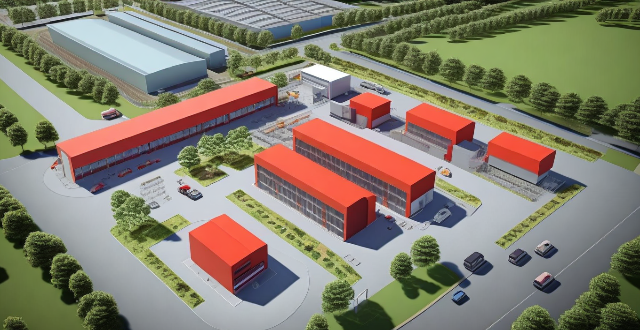Battery technology is crucial in modern energy storage solutions, enabling integration of renewable sources and supporting electrification of transportation. It aids residential and commercial buildings by reducing energy consumption, balancing load, and offering backup power. In transportation, batteries power electric vehicles and support the grid. For centralized systems, batteries store renewable energy, maintain grid stability, and reduce peaking power plant needs. In microgrids, they promote energy independence, disaster resilience, and optimized energy use. Battery tech is vital for integrating renewables, electrifying transport, and creating resilient energy systems.

Battery Technology in Modern Energy Storage Solutions
Battery technology plays a crucial role in modern energy storage solutions. It is an essential component of the energy transition, enabling the integration of renewable energy sources into our power grids and supporting the electrification of transportation. Here are some key ways that battery technology fits into modern energy storage solutions:
Decentralized Energy Systems
Residential and Commercial Buildings
- Energy Efficiency: Batteries can help to reduce energy consumption by storing excess energy generated during off-peak hours for use during peak demand periods.
- Load Balancing: By shifting load from peak to off-peak times, batteries can help to balance the load on the grid.
- Backup Power: Batteries can provide backup power during outages or blackouts.
Transportation
- Electric Vehicles (EVs): Batteries are the heart of electric vehicles, providing the energy needed to power them.
- Grid Support: EVs can also be used to support the grid by feeding stored energy back into the system during times of high demand or low supply.
Centralized Energy Systems
Utility-Scale Energy Storage
- Renewable Energy Integration: Batteries can store energy from renewable sources like solar and wind when it's available and release it when it's not.
- Grid Stability: Batteries can help to maintain grid stability by providing fast response to fluctuations in supply and demand.
- Peak Shaving: Batteries can help to reduce the need for expensive peaking power plants by storing energy during off-peak times for use during peak demand periods.
Microgrids
Community Energy Systems
- Energy Independence: Batteries can help communities become more energy independent by providing a local source of stored energy.
- Disaster Resilience: Batteries can provide critical backup power during natural disasters or other emergencies.
- Optimized Energy Use: Batteries can help to optimize energy use within a microgrid, reducing costs and increasing efficiency.
In conclusion, battery technology is a vital part of modern energy storage solutions. It enables us to integrate renewable energy sources into our power systems, support the electrification of transportation, and create more resilient and efficient energy systems at all scales. As battery technology continues to improve and costs continue to fall, we can expect to see even greater adoption and innovation in this space in the years ahead.